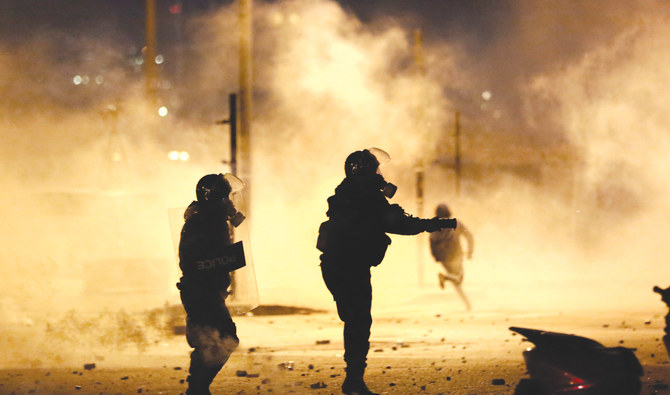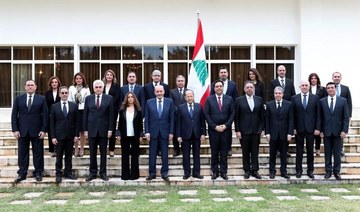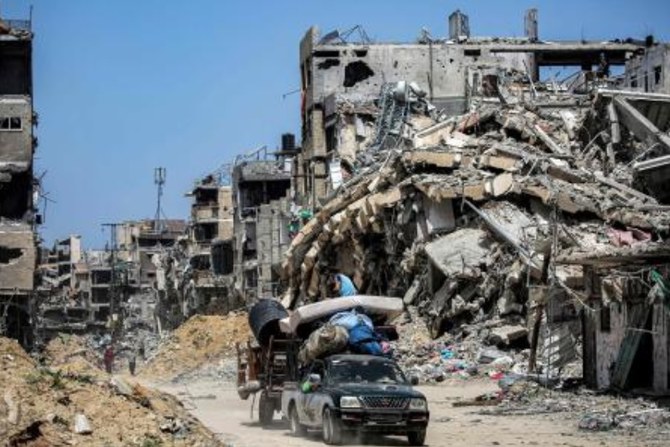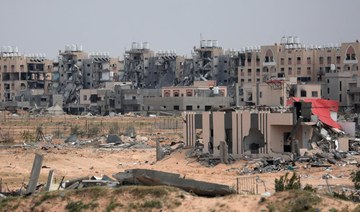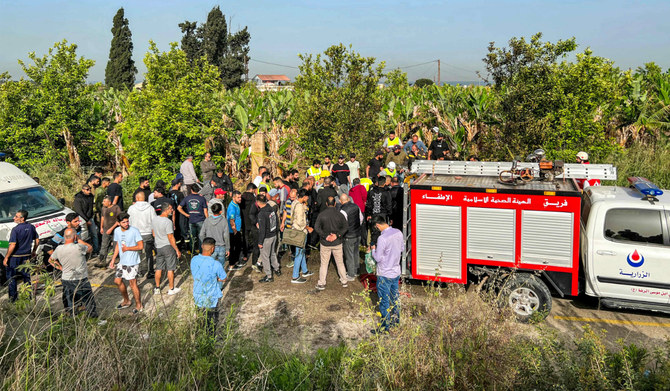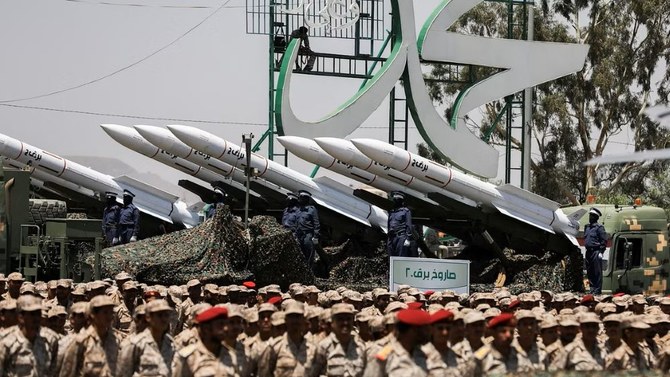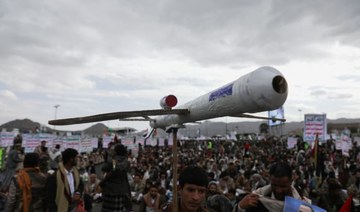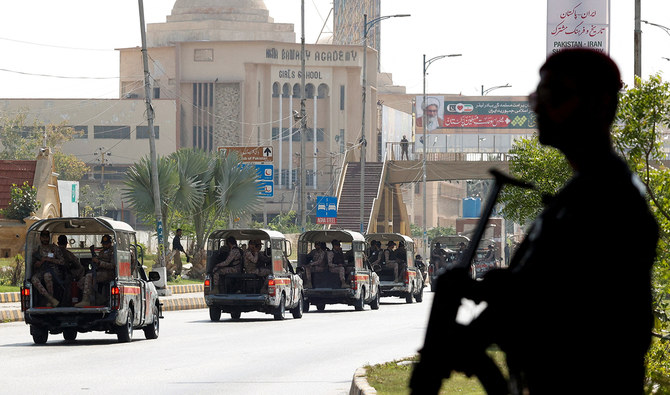Lebanon has 28 days to prepare a statement showing how it will resolve its crises following a meeting Friday between the UN’s special coordinator for the country and Prime Minister Hassan Diab.
The UN Special Coordinator for Lebanon Jan Kubis met Diab and reiterated that the most important step that should be taken was “reforms, reforms, and reforms, break up with previous corruption practices, adopt transparency, reestablish trust, and listen to the demands of people demonstrating in the streets in order to win their confidence.”
The government has 28 days to prepare its statement, which includes a plan to address the turmoil coursing through Lebanon.
The formation of a new government earlier this week ended months of political deadlock following Saad Hariri’s resignation as prime minister in October in response to mass protests over corruption and mismanagement.
Information Minister Manal Abdel Samad said the ministerial committee tasked with drafting the statement intended to promptly issue it as there were “pressing internal and external situations, and the crisis is getting more aggravated.”
Hundreds of people were injured in Beirut last weekend after security personnel fired tear gas, water cannons and rubber bullets at demonstrators who threw stones, attempted to invade the Parliament building, and attacked bank offices and shops.
There were also recent clashes between activists and supporters of the Amal Movement, which is associated with the country’s Shiite community. People wanting to protest corruption outside a public institution in the southern part of the capital were targeted by knife and stick-wielding men.
“Young men attacked us and accused us of being spies and agents, then started beating women and men alike,” said one activist. “We fled in every direction and the guards of a major store denied us entry to hide, for they feared being attacked by the aggressors.”
Amal’s leadership said the attack was perpetrated without its knowledge and was a “mere improvised reaction” by inhabitants of the area.
But newly appointed Interior Minister Mohammed Fahmy condemned the “brutal attack.”
“Security services will not hesitate to pursue the aggressors and unveil their identities,” he warned. “We will no longer accept that those who tamper with security continue to violate the rights and dignity of any citizen under any circumstances or pretext, for demonstrations, sit-ins are legitimate rights protected by law.”
There is also anger at the makeup of the new Cabinet, with senior political figures saying it showed that Hezbollah’s takeover of the Lebanese state was complete.
Former Prime Minister Fouad Siniora said Hezbollah had become the party with the most authority in Lebanon as it was able to extend its influence, authority and control to the head and members of the government.
“What happened so far will have negative repercussions on the government and its approach to a large number of problems, which have become aggravated since Michel Aoun became president and led to a significant decline in the confidence of citizens in the government and the political class as a whole,” he told Arab News.
The new government did not bring independent ministers as promised, he added.
Earlier this week former minister Marwan Hamade told Arab News that Hezbollah regained a parliamentary majority in 2018 thanks to an electoral law designed to benefit the pro-Iranian party.
“Now Hezbollah completes its takeover through the new government where we find the fingerprints of the Syrian regime. The majority of the new ministers in key positions depend either on Hezbollah or on the former security chief, the pro-Syrian Jamil Sayyed, or on Gebran Bassil, their ally,” Hamade said.



